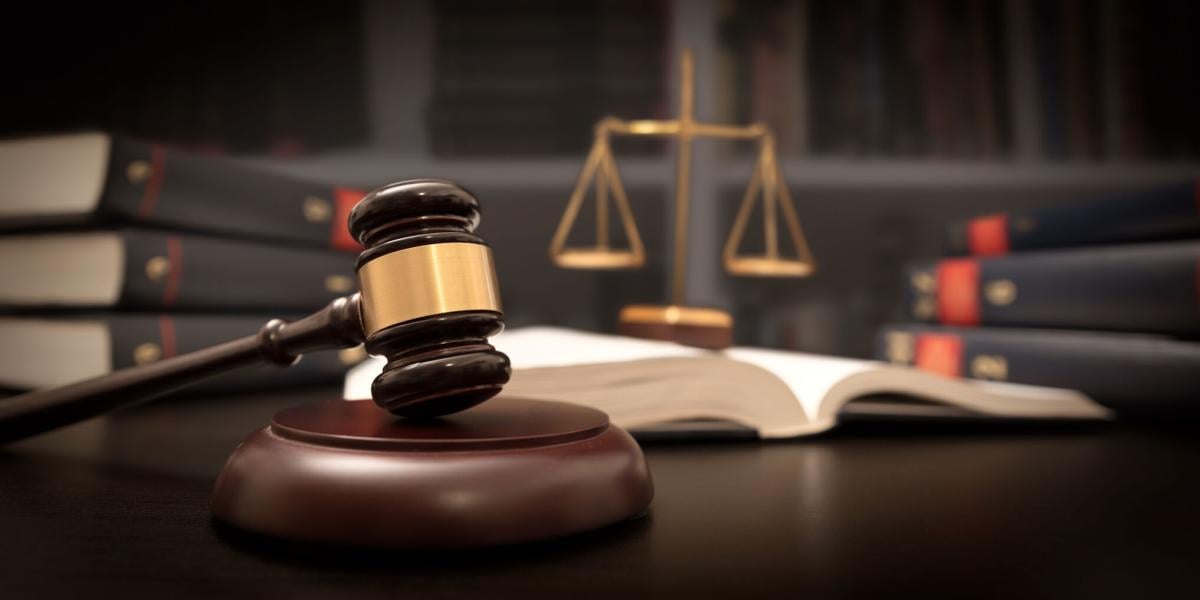A national home health-care firm with six Tucson-area locations has agreed to pay $17 million to settle government claims it paid a kickback to the owner of a chain of retirement homes for patient referrals later used to file false Medicare claims.
New Jersey-based Bayada, which offers home-health services in 22 states, did not admit fault in the settlement with the U.S. Department of Justice.
The settlement does not identify the retirement home operator accused of referring residents to Bayada from 2014 to 2020. The operator’s name is under seal and the investigation is ongoing, the DOJ said in a news release.
But the timeline and Arizona location laid out in the settlement agreement align with Bayada’s 2014 purchase of two Tucson home health-care agencies that operated under the name Watermark at Home and were owned at the time by Watermark Retirement Communities of Tucson.
A Watermark spokeswoman declined to comment to the Arizona Daily Star. “We are unable to provide a response at this time,” said Vicki Doyle, public relations manager at Watermark’s corporate headquarters near Northwest Medical Center on Tucson’s northwest side.
The Bayada settlement stems from a whistleblower lawsuit filed in 2017 by a former Bayada executive who led expansion efforts from 2009 to 2016 as director of strategic growth. The DOJ later joined the court case.
The lawsuit claims the two home-health agencies Bayada bought were in Arizona and were owned at the time by a company that runs retirement facilities nationwide. It claims Bayada made the purchase specifically to obtain referrals of Medicare patients from the seller’s retirement facilities.
By doing so, the DOJ says, Bayada violated federal anti-kickback law because the purchase itself represented a kickback. The law, which prohibits direct payments for health care referrals, also bans “asset purchases that are intended to induce referrals,” the DOJ said.
The whistleblower will receive more than $3 million of the $17 million settlement, effectively a reward the government offers in such cases to motivate insiders to report fraud affecting federal agencies. Bayada also agreed to cover the former executive’s legal costs of nearly $700,000 and pledged to cooperate with ongoing investigations.
Bayada, which has reported revenue of more than $1 billion a year, said in an email statement that the company agreed to the eight-figure settlement “to avoid the significant expense of protracted litigation and allow our focus to remain on providing high quality home health care to our patients.”
“Bayada does not believe it has done anything wrong and continues to deny the allegations,” it said.





